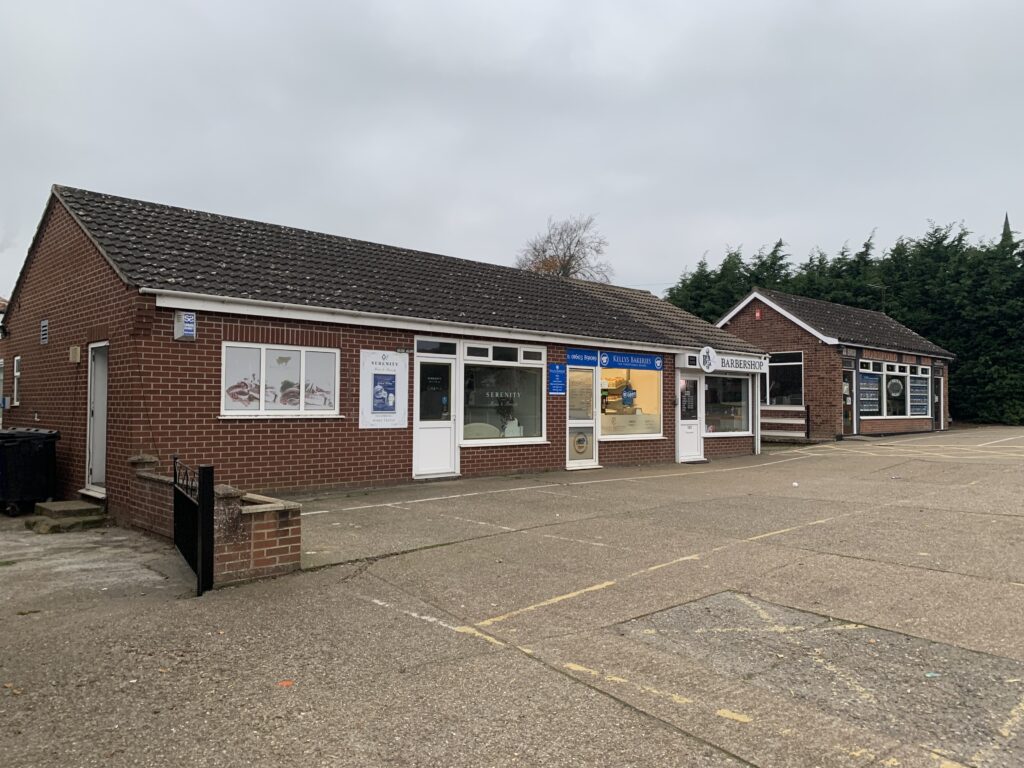Policy BUS1: New Business
Policy BUS1: New Business
- The Neighbourhood Plan encourages and supports planning applications for new starter units, businesses and employment that fit within the surroundings, and which are appropriate both in scale and environmental impact.
- Any new business units should enhance pedestrian access, and be linked to cycle ways, be near a bus stop and have good parking provision, as well as comply with design, and other relevant policies.
- The provision of a new or expanded supermarket or convenience store is encouraged to meet the needs of the Parish, and to reduce additional journeys out of the village. This should be in an accessible location for walking and cycling, provide sufficient parking provision, and take advantage of the existing public transport routes.
- Proposals that seek to retain commercial premises in the Parish will be supported. More shops, particularly Class E (a) Shops and E (b) Cafés, will be encouraged to locate within the Parish within easy access of housing and employment. The loss of existing Class E (commercial, business and service) premises, as shown on the Policies Map, will not be supported, unless the current use is demonstrably no longer viable.
- Planning permission for development that enables home working will be encouraged, where it does not conflict with other development plan policies.
View existing business premises on the policy map

- Census data from 2021 shows Horsford has continued the trend of a higher proportion of the population who are economically active when compared to Broadland. The main employment areas are Horsbeck Way Industrial Estate and Holt Road Industrial Estate. There are other businesses in their individual premises. There are also a growing number of businesses which operate from peoples’ homes. The Neighbourhood Plan is positive about new business and employment, provided it is on a scale, and in a location appropriate to a growing rural village as per the requirements of Policy 7.4 of the GNLP. The more job opportunities there are locally, the greater chances of Horsford being a flourishing and attractive rural village and the less people have to travel further afield.
- There was overwhelming support from the community for more shops and cafés within Horsford during the preparation of the made Plan. Young people, in particular, want more within the village. This would contribute to the vision for Horsford, continuing to be a flourishing attractive rural village. The policy therefore continues to encourage this. The planning system classifies shops and cafés as Class E (a), which is a shop other than for the sale of hot food and Class E (b), which is a premises where food and drink are mostly consumed on the premises. Any new retail units need to have good pedestrian and cycle access, be near a bus stop and have good parking provision if they are going to be the first choice for shopping by local residents. The policy therefore continues to make provision for this.
- The majority of those that responded to the community consultation on this review project felt all commercial premises should be protected from change of use. It is recognised that some changes of use do not now require planning permission. This is because new permitted development rights have enabled future changes of use from what are now Class E (commercial, business and service) uses to residential uses through the prior approval system which is different to the planning application determination system. Essentially this means that the provisions of this policy will not always apply, and in particular when prior approval applications are determined. It is therefore possible that commercial, business, and service use premises may be lost over the course of the plan period. The Parish Council will monitor any impacts of these new permitted development rights together with BDC. If at any point it becomes clear that there are harmful effects then the Parish Council will raise the option of using an Article 4 Direction with BDC. Article 4 Directions remove permitted development rights, enabling changes to remain in planning control but must be prepared by BDC and are difficult to implement.